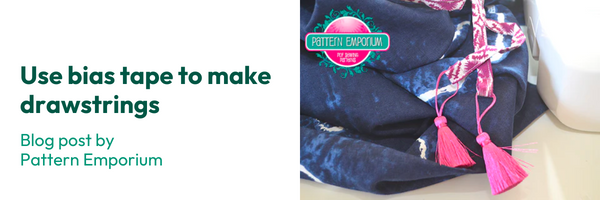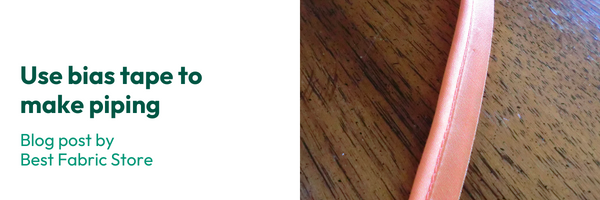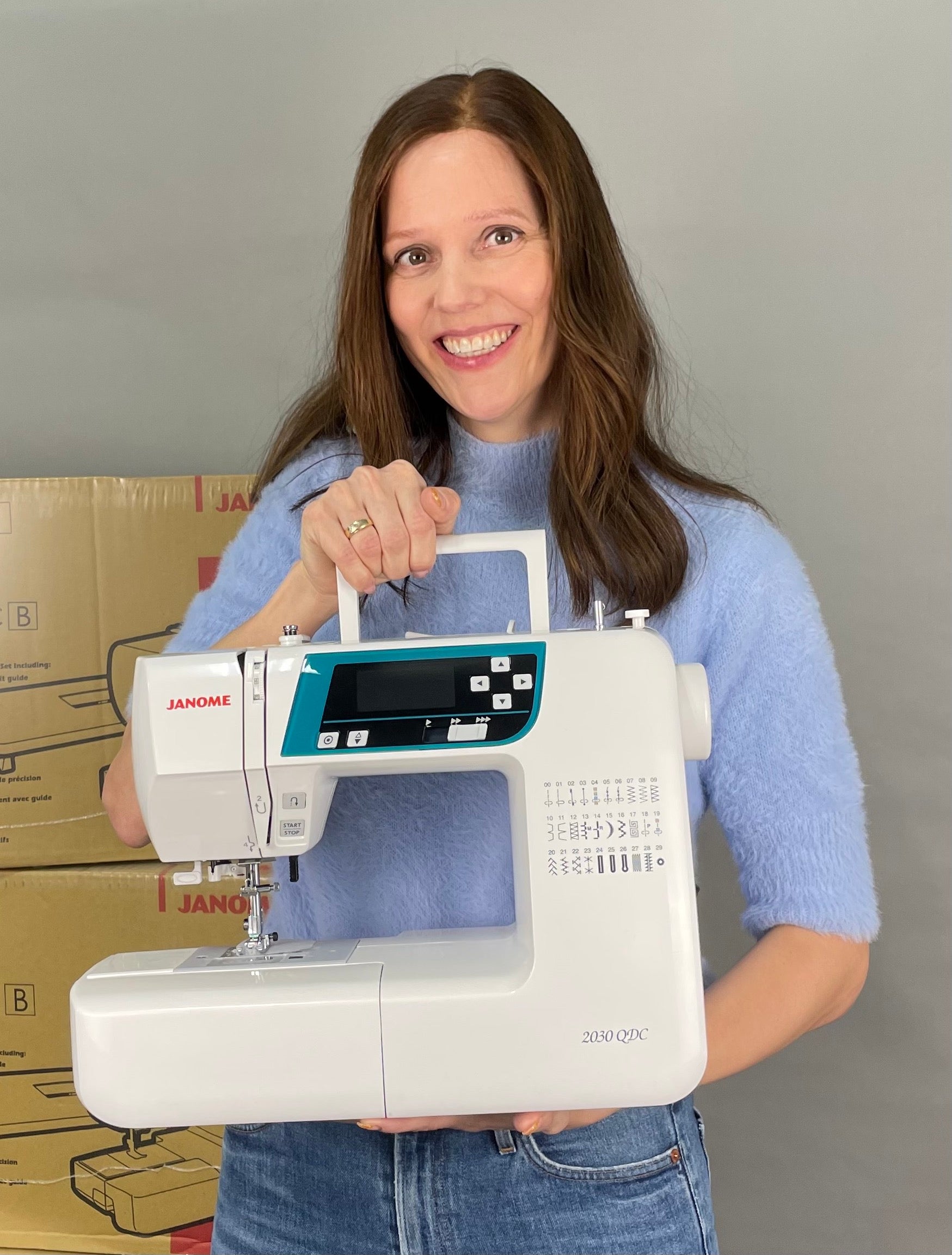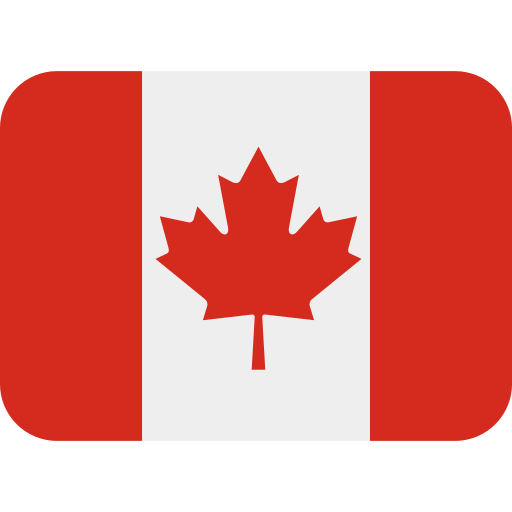9 uses for bias tape

Bias tape is a sewing room staple but have you considered all the ways you can apply it to your project? We share 9 uses for bias tape.
1. Bindings and decorative edges
You might have seen bias tape used to finish the edges of quilts, baby bibs and placements. Choose a matching bias to blend in or a contrast for a pop!
We like this tutorial from American Patchwork and Quilting:
2. Use to replace a facing
Can't stand facings around a neckline or armhole? Simply switch it out for bias binding.
We like this blog post by Blueprints for Sewing:
3. Seam finishes
Bias tape is a great way to finish a seam and prevent fabric fraying and unravelling. It also creates a neat and couture looking finish on your garment.
We like this video tutorial by Nicole Gulliver:
4. Add a bias tape zipper
Want to add more of an accent with your zipper? Try a bias tape zipper! We like this video tutorial by Professor Pincushion:
5. Button loops
Using premade bias binding can be a speedy way to make button loops.
We like this blog post by Folkwear Patterns:
6. Drawstrings
We love this method shared by Pattern Emporium on how to make decorative drawstrings with bias tape:
7. Decorative touches and applique
Bias tape can be sewn down onto a project and used as an applique. Create simple lines of tape or shape it to create intricate patterns.
Check out this blog post by Jillily Studio for some inspiration:
8. Make easy piping
A pre-made package of bias tape can be a great shortcut when creating your own piping.
This blog post shows you how:
9. Make Casings and Channels
Putting elastic or boning into a project? Or making a channel for a drawstring? Bias tape can help!
This video tutorial by Vintage to New shows you how you can use bias tape to make an elastic casing:
Which of these have you tried? Do you have an use that we missed? Tell us below!









2 comments
Colleen
Thanks for these helpful tips.
I can now can put the stash of bias tapes that I have never been clear about how to use Into action.
Happy New Year
Maureen
Use double fold bias tape on the inside of hats where the brim meets the crown. It’s a cool lightweight way to finish a hat and it’s washable!
Eva
Leave a comment
This site is protected by hCaptcha and the hCaptcha Privacy Policy and Terms of Service apply.